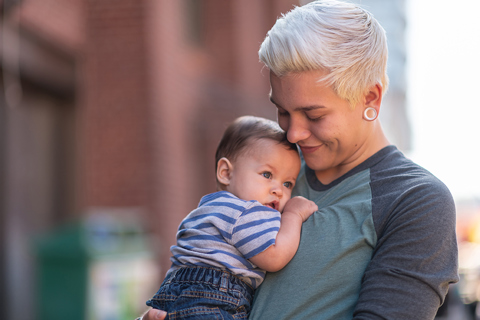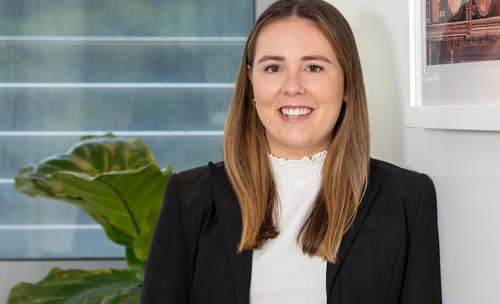The rights of non-biological parents after separation

Dynamic family situations are difficult, highly emotive and can be stressful. It takes a village to raise a child and protect their best interests. Many children are now part of blended families and cared for by non-biological parents. This changing state of the family unit reinforces the importance of understanding the rights of non-biological parents in family law proceedings.
Non-biological parents can apply for parenting orders
The Family Law Act 1975 (Cth) states that any person ‘concerned with the care, welfare or development of the child’ can apply for parenting orders. The Court will always consider the child’s best interests as the paramount concern.
Non-biological parents may apply for parenting orders for a variety of reasons. These may include:
- mental health concerns that impose upon the capacity of the biological parent/s to care appropriately for the children; or
- concerns about drugs and alcohol misuse or family violence posing a risk of harm to children.
In granting parenting orders, the Court will consider, amongst other factors:
- the nature of the child’s relationship with the non-biological parent;
- the likely effect of changing the child’s circumstances, including the effect of separation from someone they have been living with (this may be the biological parent);
- the child’s age, capacity and health; and
- the capacity of the non-biological parent to meet the child’s needs, both emotionally and intellectually.
If parenting orders are successfully made, a non-biological parent will assume all parental responsibilities and authority of a biological parent. These responsibilities may be independent from the child’s biological parents or shared.
What types of issues will the Court consider?
No matter who is seeking parenting orders, whether that be non-biological parents, brothers, sisters or grandparents of the child, the Court will deal with the same range of issues, including:
- where the child lives;
- who should make decisions for the child;
- the involvement of the party in the child’s life;
- who the child should spend time with;
- who should the child communicate with when they are not spending time with such party;
- the practical difficulty and expense of the child spending time with the party;
- holiday and special occasion time;
- travel and holidays; and
- any other matter concerning the welfare and best interests of the child.
First steps for non-biological parents to seek parenting orders
If you are a non-biological parent and wish to seek permanent arrangements for you to care for or spend time with a child, the first step is to try and engage the biological parents (if it is safe to do so). This can be by inviting the other party to Family Dispute Resolution or by exchanging proposals.
In most circumstances, prior to filing an application with the Court, the Court requires the parties to attempt Family Dispute Resolution.
Prior to attending any Family Dispute Resolution or mediation-type conference, we encourage all parties to seek legal advice. This can assist in setting the expectations and having a draft of any agreement to be reached, which can then hopefully be signed on the day.
In the event no agreement is reached at Family Dispute Resolution, or there is no meaningful engagement from the other party, then the Family Dispute Resolution Practitioner will issue a certificate which enables you to file an application with the Court.
Prior to filing any application with the Court, together with all the supporting evidence, you should seek legal advice. A lawyer experienced in family law parenting disputes will maximise the potential of the success of your application.
Get help from a family lawyer
The Court has stated and reinforced that it is the parenting and the best interests of the child that matters most, not the parenthood.
If you are a non-biological parent looking for guidance to assist both yourself and, ultimately, the children, an appointment with one of our family lawyers may be a crucial step in avoiding unnecessary ambiguity and understanding your options.
Our team of family lawyers can assist you with any parenting issues after separation or any other questions you may have about your family law matter.
Contacting Meillon & Bright
Family Lawyers Perth & Sydney
The information contained in this article is of general nature and should not be construed as legal advice. If you require further information, advice or assistance for your specific circumstances, please contact Meillon & Bright Family Lawyers.

